BioBrain Blog: Evidence-Based Health & Nutrition
- Home /
- BioBrain Blog: Evidence-Based Health & Nutrition
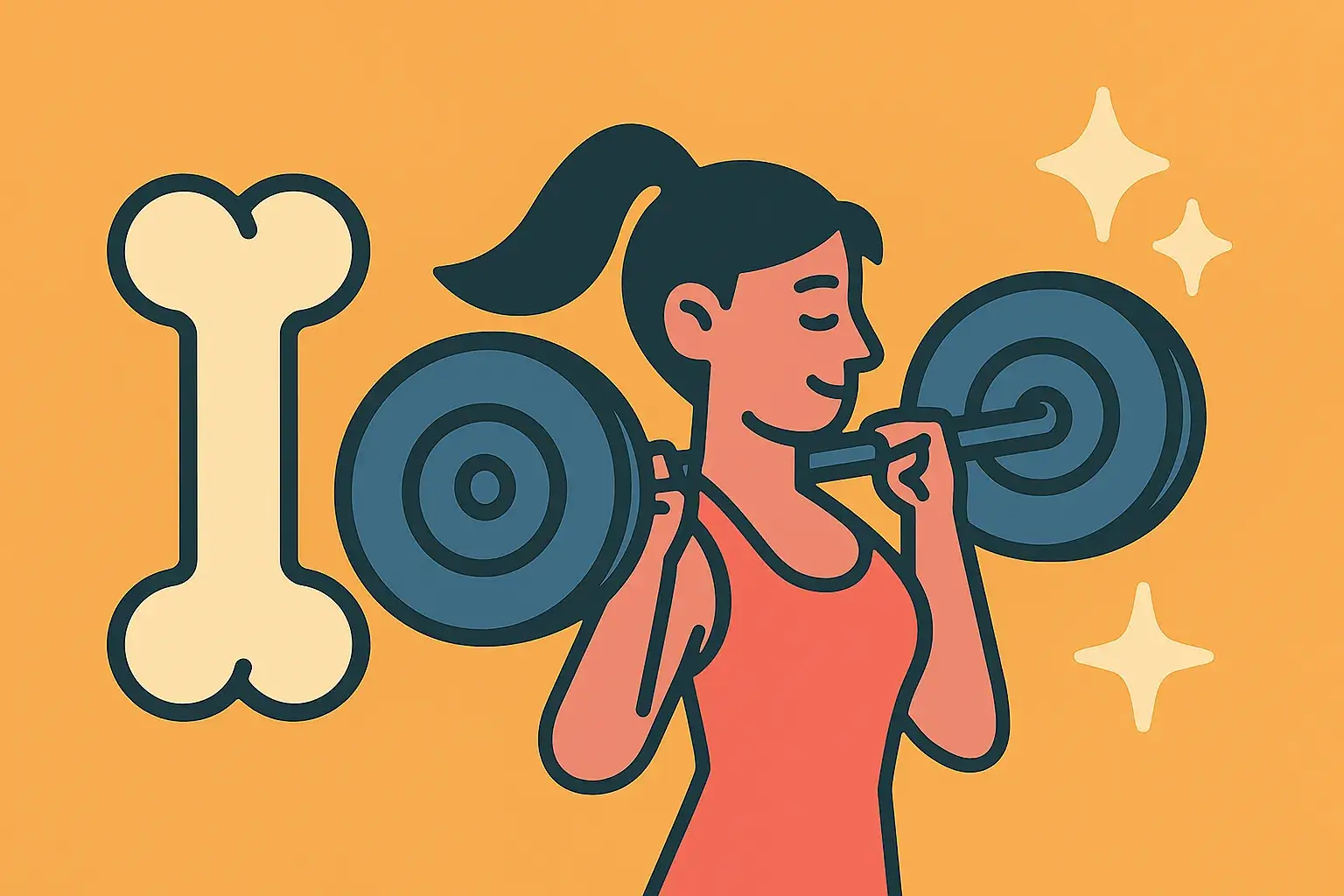
Strength Training for Stronger Bones After 40
Strength Training for Stronger Bones: Why It’s Critical After 40 For most of your life, your skeleton quietly remodels itself, balancing the activity of bone-dissolving cells (osteoclasts) and bone-building cells (osteoblasts). Until about age 30, you build more bone than you lose, achieving what is known as peak bone mass [12]. Think of this as your “bone bank account.”
Read More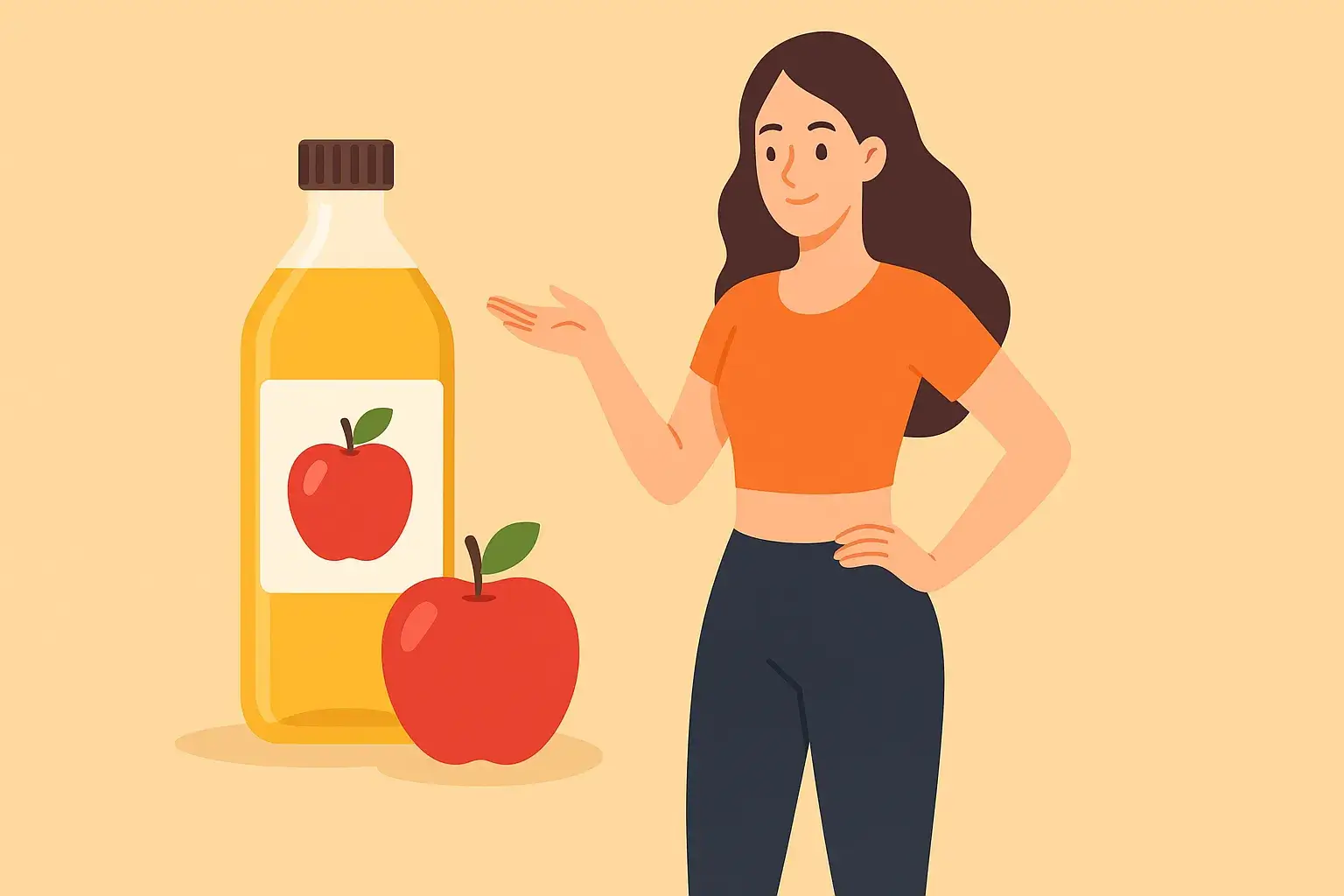
ACV for Weight Loss: What the Science Says
Apple Cider Vinegar for Weight Loss: An Evidence-Based Look Apple Cider Vinegar (ACV) is frequently promoted as a natural weight loss aid, but what does the scientific evidence actually say? In a world of wellness trends, it’s crucial to separate anecdotal claims from clinical proof. This article delves into the research-backed mechanisms behind ACV, its documented effects on weight …
Read More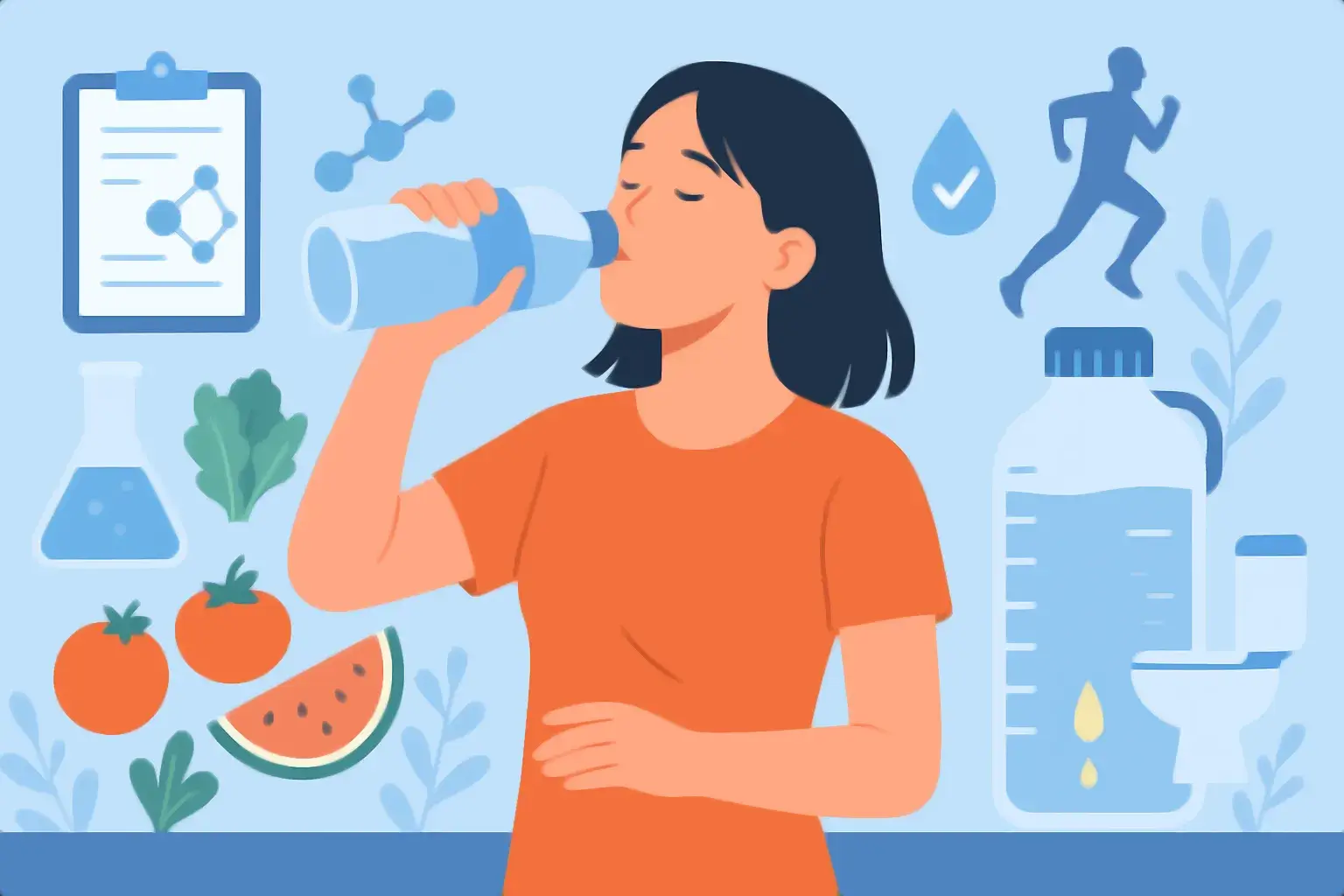
Optimal Hydration: Beyond the 2-Liter Myth
Rethinking Hydration: Why the 2-Liter Rule is a Myth For decades, the advice has been unwavering: drink eight 8-ounce glasses—about 2 liters—of water daily. This simple rule has been repeated by health authorities and fitness gurus alike. But what if this one-size-fits-all recommendation is more fiction than fact?
Read More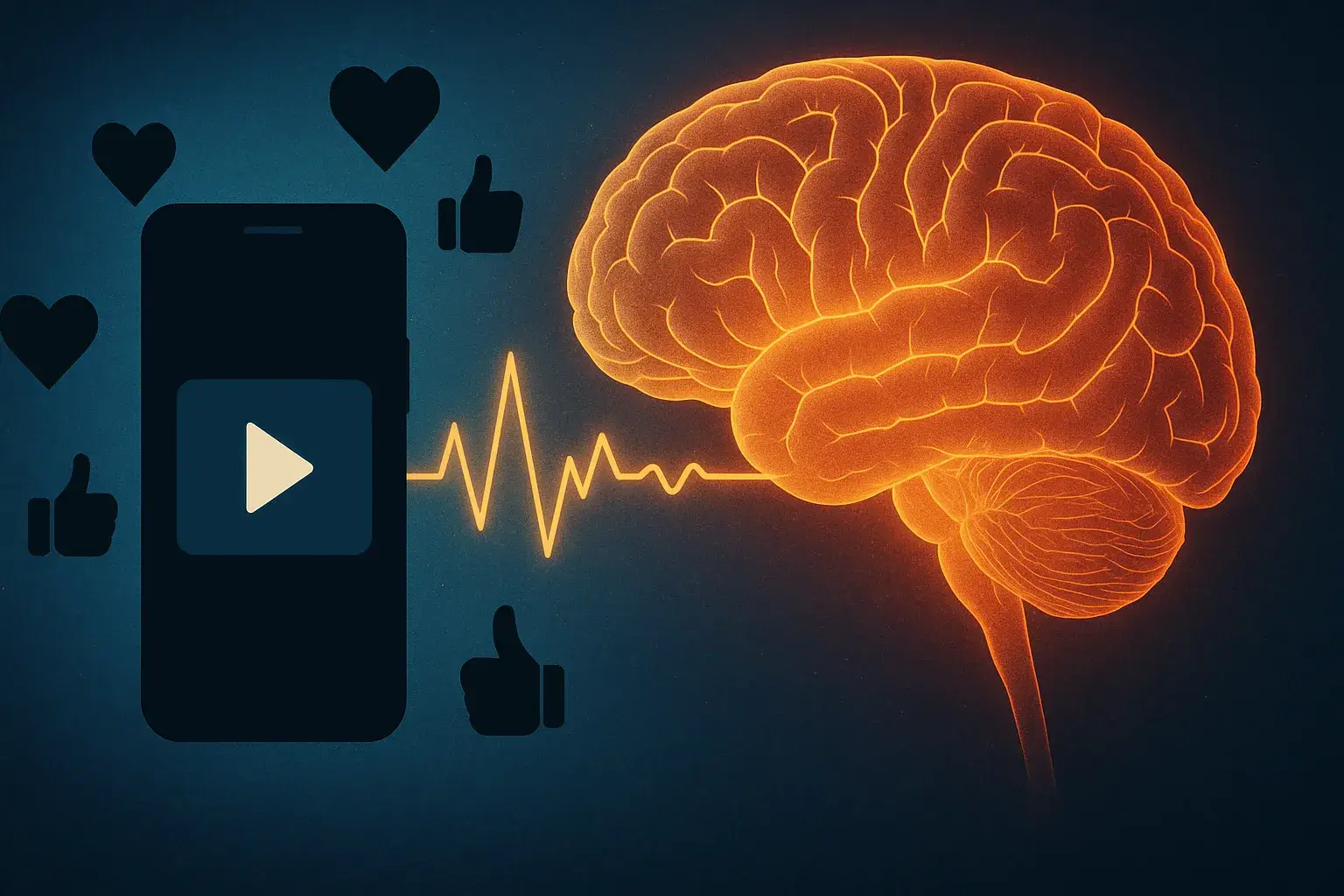
Short Videos & Your Brain: The Hidden Impact
Introduction: The Unseen Cost of a Quick Scroll In the spaces between tasks—waiting for coffee, riding the elevator, or winding down before bed—millions of us turn to the vibrant, endless stream of short-form videos on platforms like TikTok, Instagram Reels, and YouTube Shorts. While seemingly harmless, this habit is having a profound and measurable impact on our brain’s structure and …
Read More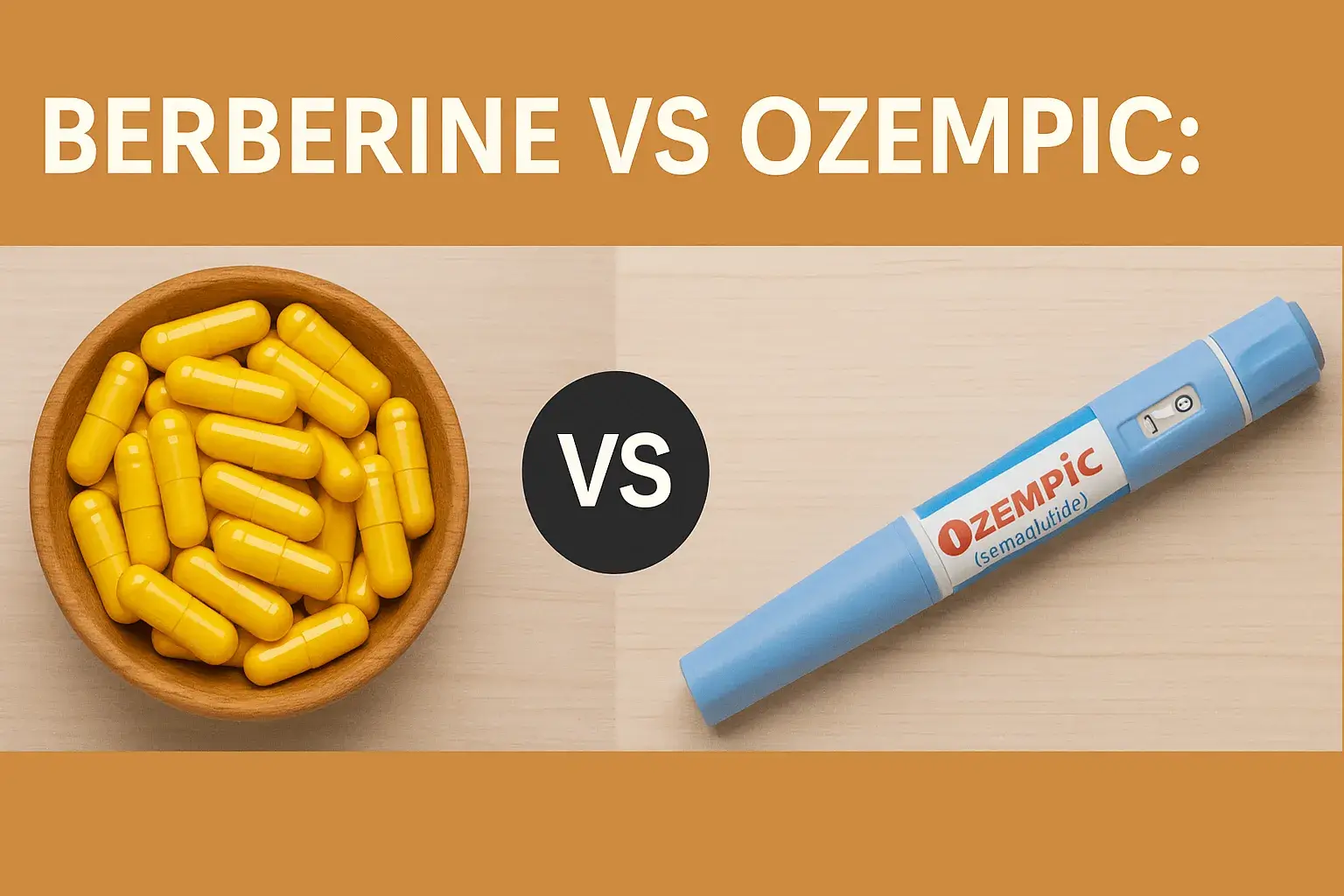
Berberine vs Ozempic: A Natural Choice?
Berberine vs. Semaglutide: A Scientific Look at a Natural Alternative In the landscape of weight management and metabolic health, Semaglutide—marketed as Ozempic and Wegovy—has become a household name. This powerful prescription medication has delivered dramatic results for many, but its high cost, persistent shortages, and notable side effects have left people searching for effective, accessible …
Read More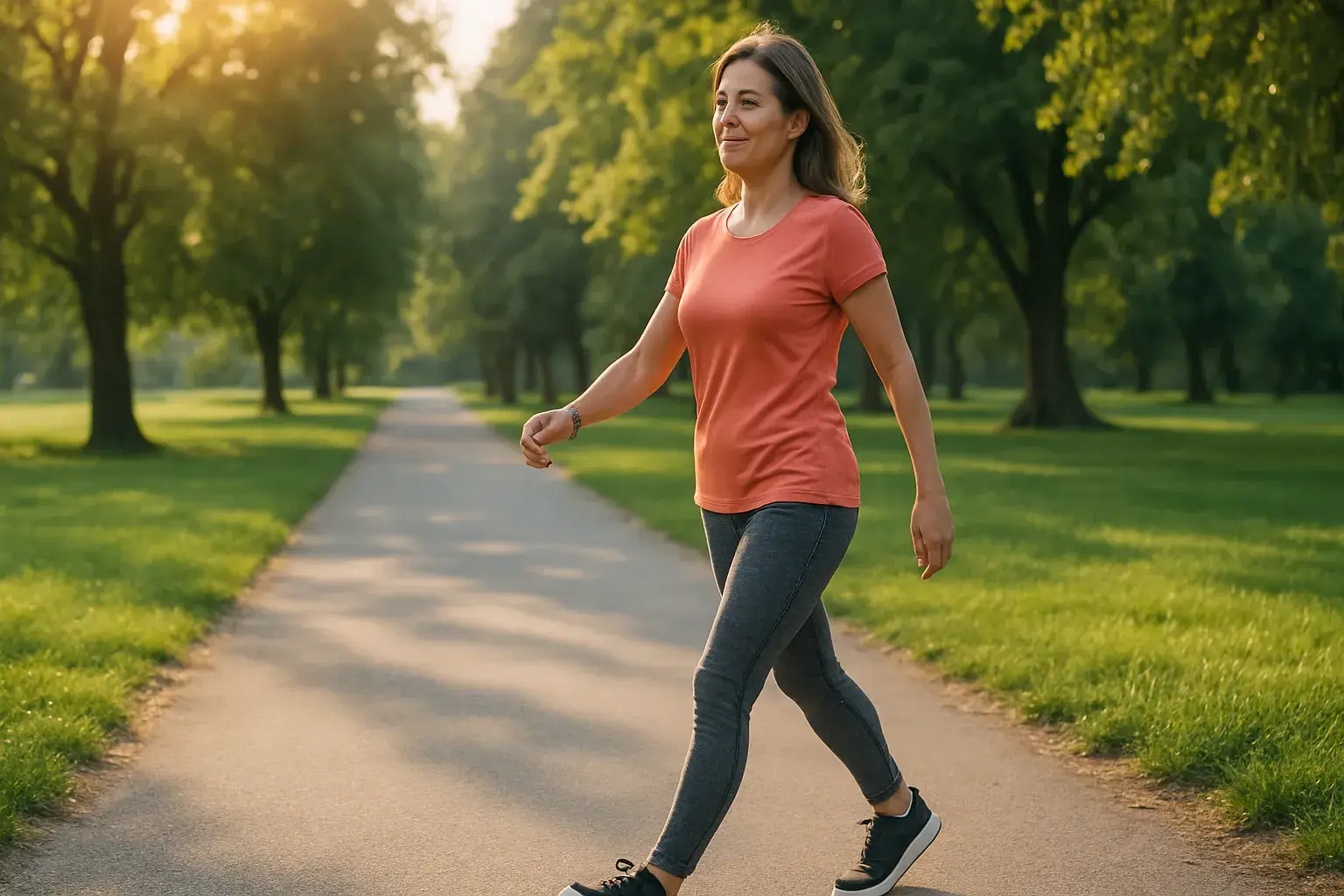
Walk to Live: Lower Your Mortality Risk
In a world chasing complex fitness trends and expensive gym memberships, one of the most powerful tools for enhancing health and longevity is also the simplest: walking. This fundamental human movement, often overlooked, is a cornerstone of preventive medicine, backed by a robust body of scientific evidence. Consistent daily walking is not just about burning calories; it’s a profound biological …
Read More
Coffee & Health: Benefits, Risks & Tips
Introduction Coffee, a globally popular beverage, has long been scrutinized for its health implications, especially concerning its impact on heart health, liver function, and cancer risk. Over recent decades, a significant body of research has shifted the narrative, increasingly highlighting the potential health benefits associated with its consumption.
Read More
Olive Oil: Key to Heart Health
For centuries, the Mediterranean diet has been celebrated for its profound health benefits, consistently linked to longevity and robust heart health. While this dietary pattern emphasizes a rich variety of vegetables, fruits, whole grains, fish, and legumes, scientific inquiry increasingly points to one component as a standout contributor to its cardiovascular prowess: extra virgin olive oil …
Read More
Chicory: Health Benefits & Pregnancy Safety
Chicory (Cichorium intybus), a plant celebrated for its culinary versatility and historical medicinal use, presents a compelling nutritional profile. While it offers several health advantages, its consumption during pregnancy requires a careful, evidence-based approach. This article delves into chicory’s benefits, particularly its rich inulin content, and critically examines the potential …
Read More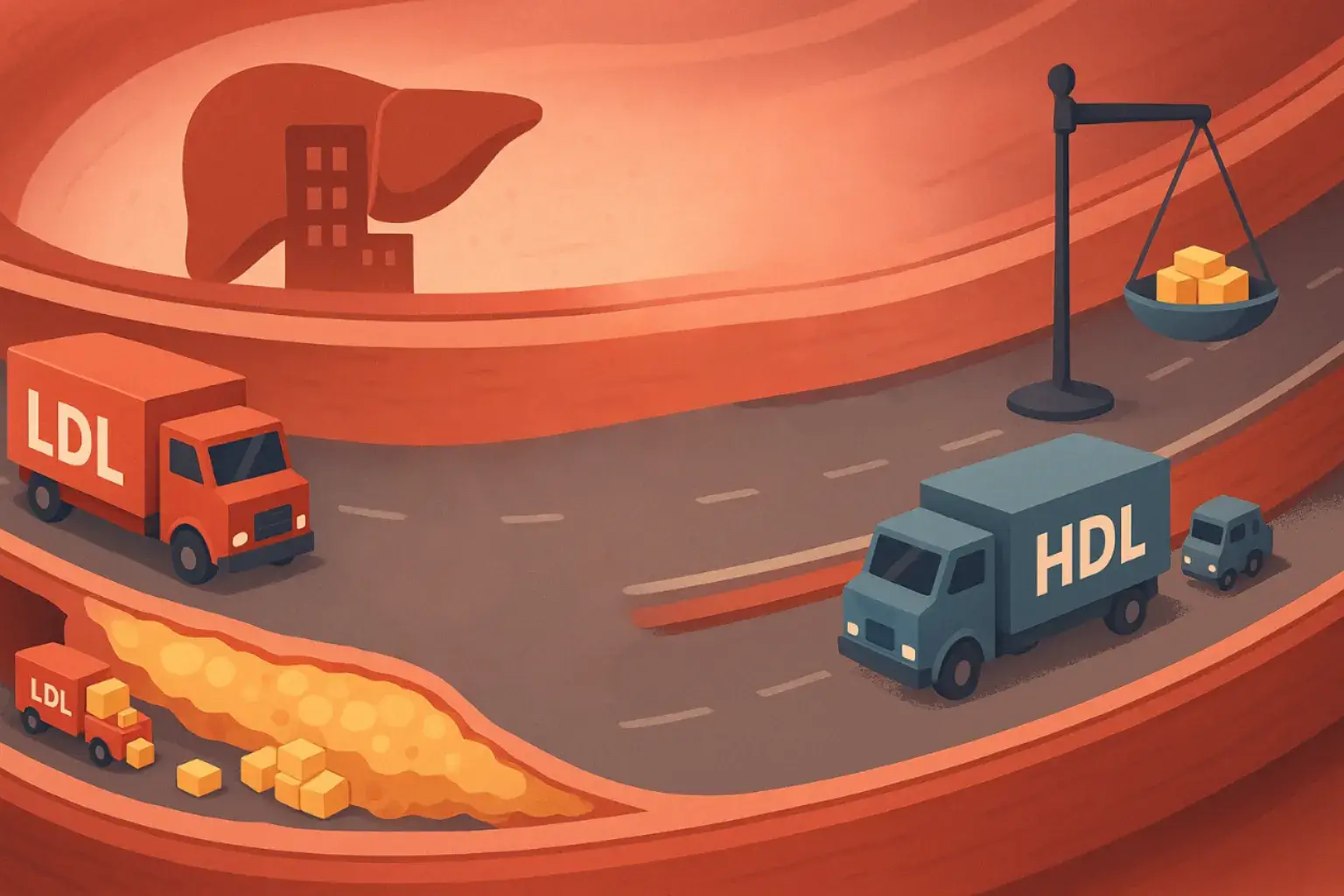
Cholesterol & Arteries: Science-Backed Guide
Understanding Cholesterol and Its Journey in Your Body Cholesterol often gets a bad rap, but it’s a waxy, fat-like substance that’s absolutely essential for life. Your body, primarily your liver, produces most of the cholesterol it needs to build healthy cells, produce vital hormones (like estrogen and testosterone), and synthesize vitamin D [6]. A smaller portion comes from the foods …
Read MoreCategories
- Adaptogens ( 1 )
- Aging ( 2 )
- Anti-Aging ( 1 )
- Auditory Health ( 1 )
- Bone Health ( 1 )
- Brain Health ( 3 )
- Cardiology ( 2 )
- Cardiovascular ( 1 )
- Chronobiology ( 1 )
- Diabetes Management ( 1 )
- Digestive Health ( 1 )
- Digital Health ( 1 )
- Disease Prevention ( 1 )
- Environmental Science ( 1 )
- Evidence-Based Health ( 1 )
- Evidence-Based Medicine ( 3 )
- Exercise Science ( 4 )
- Fiber Supplements ( 1 )
- Fitness ( 10 )
- Food Science ( 2 )
- Gut Health ( 1 )
- Health ( 32 )
- Health & Wellness ( 2 )
- Health Myths ( 1 )
- Health Science ( 2 )
- Healthy Aging ( 1 )
- Healthy Living ( 1 )
- Healthy Snacks ( 1 )
- Heart Health ( 1 )
- Herbal Medicine ( 1 )
- Herbal Remedies ( 1 )
- Holistic Health ( 1 )
- Hormonal Health ( 1 )
- Lifestyle ( 2 )
- Longevity ( 6 )
- Maternal Health ( 1 )
- Medical Research ( 1 )
- Medicine ( 1 )
- Mental Health ( 1 )
- Mental Well-Being ( 1 )
- Mental Wellness ( 1 )
- Metabolic Health ( 1 )
- Metabolism ( 1 )
- Muscle Health ( 1 )
- Natural Remedies ( 1 )
- Neuroscience ( 4 )
- Nutrition ( 23 )
- Pharmacology ( 1 )
- Physiology ( 3 )
- Preventive Health ( 2 )
- Preventive Medicine ( 2 )
- Science ( 7 )
- Skin Care ( 1 )
- Skincare ( 1 )
- Skincare Ingredients ( 1 )
- Sleep ( 1 )
- Sleep Science ( 2 )
- Sports Nutrition ( 1 )
- Strength Training ( 1 )
- Stress Management ( 1 )
- Supplements ( 8 )
- Sweeteners ( 1 )
- Weight Loss ( 1 )
- Weight Management ( 1 )
- Well-Being ( 1 )
- Wellness ( 9 )
- Women's Health ( 1 )